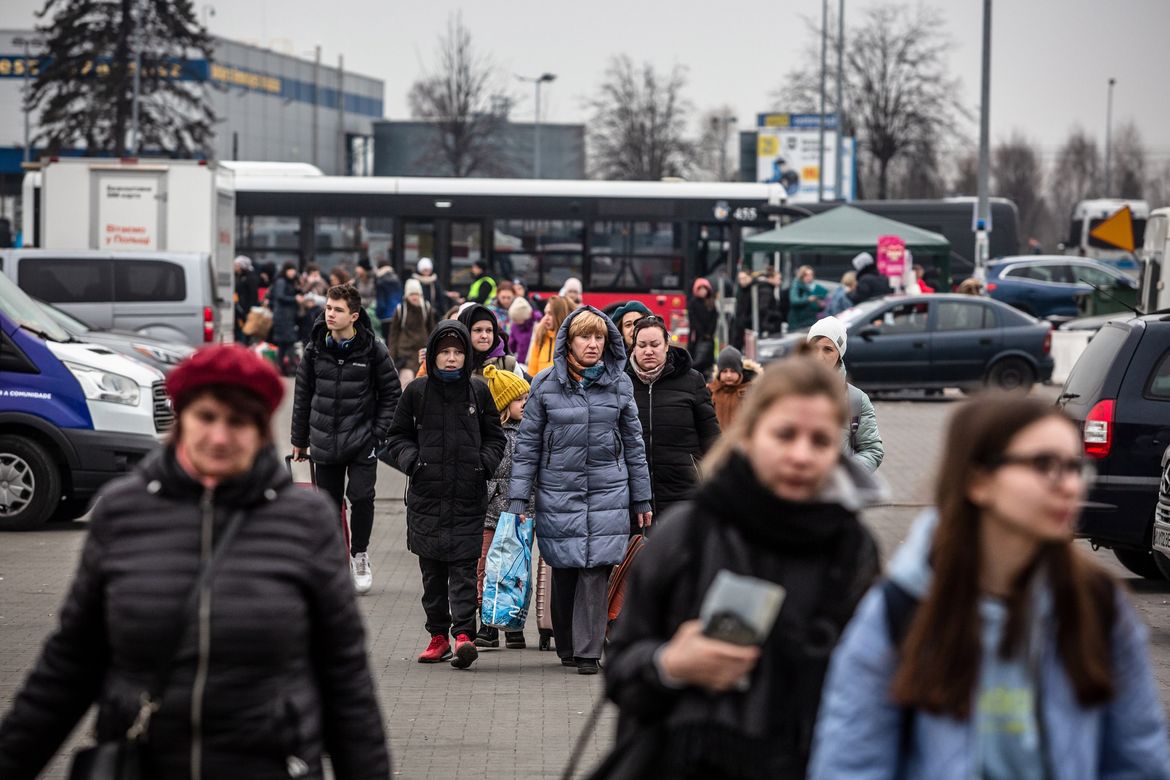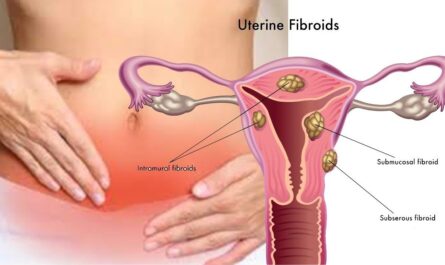A recent survey conducted by the International Blast Injury Research Network at the University of Southampton sheds light on the mental health of displaced Ukrainians in the wake of the ongoing war. Published in PLOS Global Public Health, the research indicates high levels of post-traumatic stress disorder (PTSD) and generalized anxiety among both refugees and internally displaced individuals in Ukraine.
Since the start of the Russian invasion in February 2022, an estimated 13 million people have been forced from their homes. The combination of exposure to war and displacement, including the loss of community, housing, and economic stability, has had a significant impact on the mental well-being of these individuals. Particularly vulnerable groups such as the elderly, caregivers, and other at-risk populations have been disproportionately affected.
The study, conducted from April to July 2022, surveyed over 8,000 participants, including both refugees and internally displaced persons within Ukraine. Participants provided insights into their current living conditions, mental health status, and experiences with blast exposure – a result of bombings and military activities.
The research revealed that nearly 80% of internally displaced individuals in Ukraine and over 50% of refugees had been exposed to blasts. Anxiety was a prevalent issue, with almost 70% of respondents reporting feelings of anxiety. Those who remained in Ukraine displayed higher levels of anxiety and experienced more frequent flashbacks to traumatic events than refugees. The frequency of flashbacks was found to be linked to blast exposure, highlighting the lasting impact of such traumatic events on mental health.
The findings suggest that internally displaced individuals in Ukraine are facing greater challenges in terms of mental health compared to refugees, likely due to their continual exposure to the conflict. However, refugees also encounter significant mental health hurdles as a result of their displacement. The researchers stress the importance of prioritizing mental health and psychosocial support in humanitarian aid efforts.
The study further underscores the distressing nature of blast events, with nearly 70% of participants reporting witnessing such events during the initial months of the Russian invasion. Many individuals exposed to blasts reported adverse mental health outcomes, including symptoms of PTSD.
As the conflict in Ukraine persists, the need for comprehensive mental health support for displaced populations remains critical. By recognizing and addressing the mental health challenges faced by these individuals, aid organizations and policymakers can better support the well-being of those affected by war and displacement.
*Note:
1. Source: Coherent Market Insights, Public sources, Desk research
2. We have leveraged AI tools to mine information and compile it.



